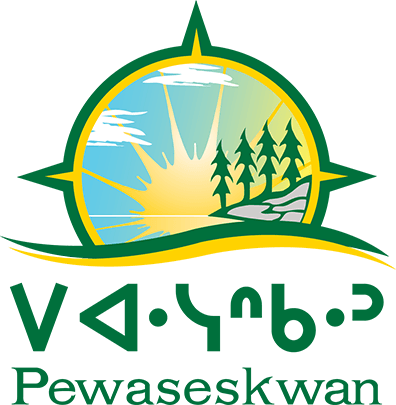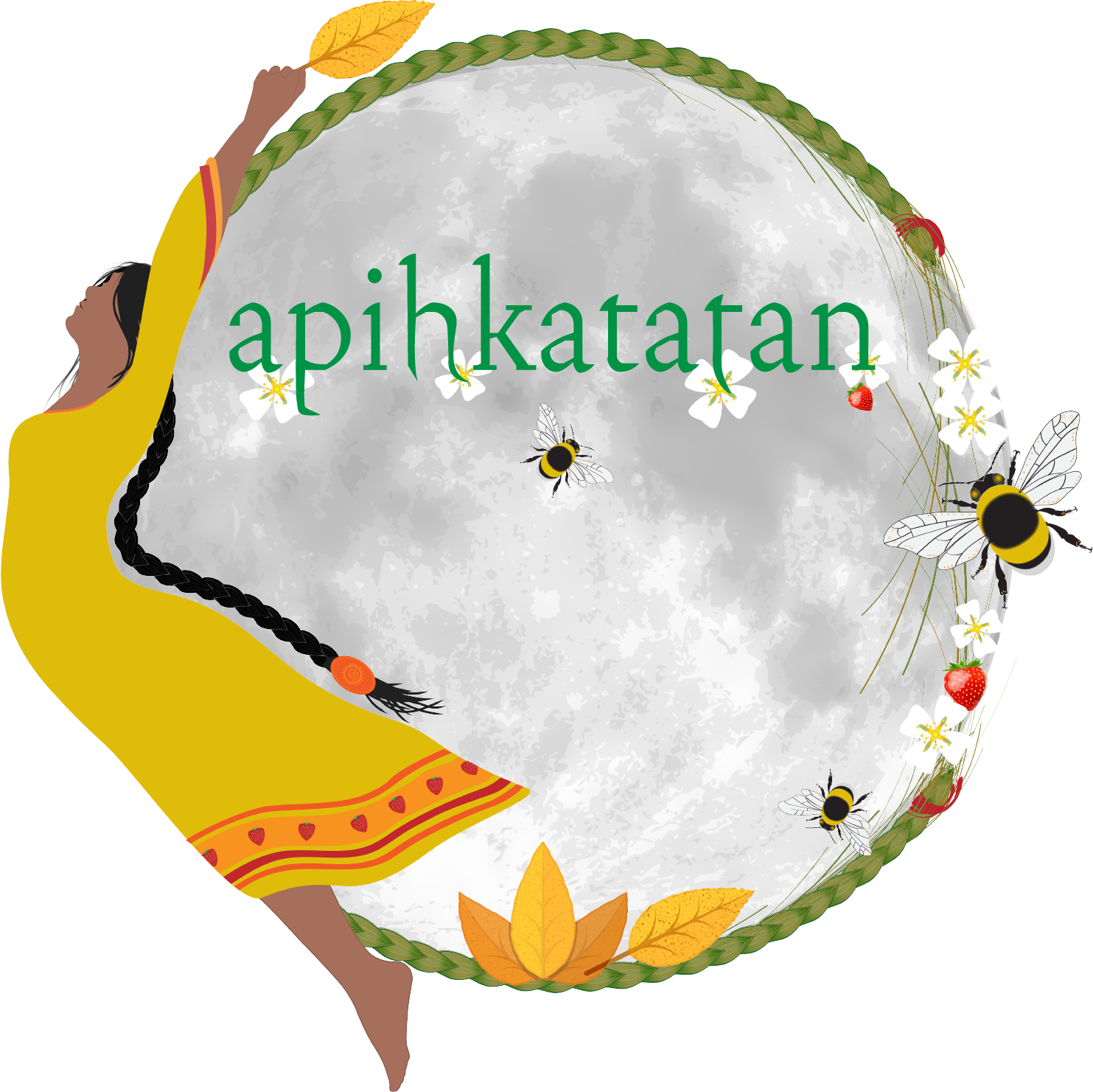Intersectional trauma-healing and wisdom through culture- and land-based healing practices.
Apihkatatan is a Cree word that roughly translates to “weaving our baskets”. It is a CIHR-funded research project that is designed to deliver a land- and culture-based healing curriculum for Indigenous women who have recently been released from the criminal justice system (CJS). Uniquely, the program will focus on the health and wellness impacts of such a program, and is not centered on more commonly studied outcomes, such as recidivism rates. The curriculum will be inclusive of gender-affirming and trauma-informed expressive therapy for Indigenous women residing in kisiskâciwan (Saskatchewan), primarily in Saskatoon, to investigate the gender-specific strengths and needs of women with lived CJS experience. The curriculum, which includes expressive therapies and arts-based methods, will be grounded in the Saskatchewan context.
Apihkatatan aims to nurture connections with culture and to support wholistic wellness, inclusive of mental, physical, emotional and spiritual health and wellness, among Indigenous women who have encountered the CJS. This is based on findings that connections with the land and their cultural identities are vital for Indigenous women to begin to sustain their healing journeys. The study will take on an Indigenous-led Etuaptmumk (two-eyed Seeing) research approach, foregrounding Indigenous ways of knowing, knowledges, cultural practices, epistemologies, research methodologies and data analyses practices. Apihkatatan is intended to contribute to the urgently needed Indigenous-centered, gender-affirming wellness interventions that address the needs of Indigenous women in urban and rural high-risk environments, specifically those emerging from the CJS. The results from this research study can be used to improve health and social systems, and the recorded outcomes may lead to the implementation of the Apihkatatan curriculum within CJS intervention and transitionary programming or to advance the further development of similar programming.
Apihkatatan is in the initial development phase. The team is currently conducting consultations with both the leadership team, comprising of experts in the field, as well as a Community Guiding Circle (CGC), consisting of women with lived CJS experience, Elders and Knowledge Holders. The team is also working to establish partnerships with Indigenous community organizations, stakeholders and governance structures. Further, the team is beginning to host community engagement sessions, wherein it is giving back to citizens residing in high-risk, urban Saskatoon core neighbourhoods through the distribution of food and beverages. The engagement sessions will also be utilized to disseminate information about the project and gather contact information for those who may be interested in participating in the program once it has been launched. The team’s aim is to develop a needs-based program through contributions from the leadership team, CGC, community stakeholders, and community engagements. These contributions will inform both the study parameters and research methods, as well as the curriculum of the program itself. It is anticipated that the delivery of the initial pilot program will occur in the fall of 2025.
With respect to the creative design for the program, the logo for Apihkatatan was greatly inspired by our participants as Indigenous women. It is important to note that these teachings take time to learn – this is an overview of the teachings. There are several sacred teachings incorporated into the logo, including the sacred medicines of sweetgrass and tobacco. Women represent the foundation of family and community. Women’s teachings instill positive values and living life in a good way; they are significant to the responsibilities we carry to share with next generations and to bring balance into our lives. Grandmother Moon is a women’s teaching that brings healing and balance to women. There are diverse teachings connected to Grandmother Moon to honour this relationship. The strawberry on the logo is often referred to as the heart berry and is a woman’s medicine. In many Indigenous cultures, berries hold cultural significance, impact women’s well-being and inform teachings about creation, community and love. We also see strawberries along the hem of the woman’s dress. The colour yellow symbolizes joy and new beginnings, which we see as resonating with the lived experiences of our participants within our project. Lastly, we see elements of flowers and bees, which further relates to our connection to the land- and culture-based healing focused on within Apihkatatan.
For more information, please contact pewaseskwan@usask.ca



